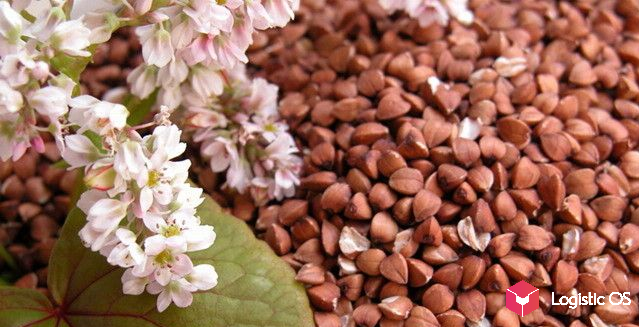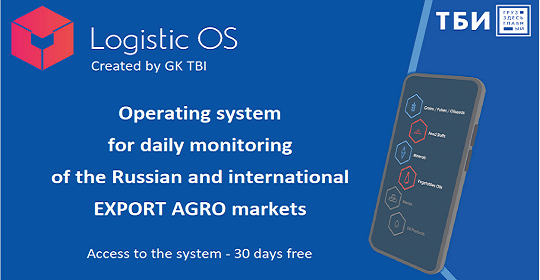Companies producing buckwheat are very concerned about the fact that buckwheat is getting more expensive — and they cannot raise prices for their products.
This year, almost all agricultural products show price increases. For example, wheat and most cereals, as well as legumes and oilseeds.
Cereals are also becoming more expensive — or rather, raw materials for them. For example, buckwheat, which is so popular among Russians, is made from buckwheat, which cost about 28-30 thousand rubles per ton in the summer, and is now traded at 39-40 thousand.
This causes problems for manufacturers. On the one hand, it is impossible to pay more and more for raw materials every day, while maintaining the same price for their products. But on the other hand, it is also impossible to raise it. Firstly, the regulatory authorities will not allow this, and secondly, they will not simply buy at a high price. After all, buckwheat is a product that can be easily replaced with other cereals.
Therefore, buckwheat production is currently slowing down. For example, according to Rosstat, no more than 26 thousand tons of buckwheat were produced in January 2021, which is a quarter less than last month.
At the same time, if the price of a ton of buckwheat over the past 2-3 weeks has increased by almost 700 rubles, then groats in stores have risen in price by no more than 1%. This is typical, by the way, for other cereals: rice, millet (however, raw materials for their production have risen in price by no more than 200-300 rubles per ton).
Buckwheat will go «over the hill»?
The situation is aggravated by the fact that the farmers have a loophole that can help them never sell raw materials to Russian buckwheat producers. Namely, they can export their buckwheat. Exporting companies are ready to buy it at 41-42 thousand rubles per ton. While Russian converters offer no more than 39-40 thousand. And most of them are in no hurry to buy: they expect that on the eve of the sowing of the new season, supply will increase, and prices will fall.
However, farmers are in no hurry with sales: they do not feel an acute need for money, so they are ready to hold back their reserves.
In such a situation, the Ministry of Agriculture is just right to introduce «protective duties», as it has already done with wheat, sunflower, soybeans and other crops. But here’s the problem: buckwheat from Russia is almost never exported. Up to 95% of this culture is eaten by Russians themselves.
Those who have been, for example, in Europe, know perfectly well how difficult it is to find a pack of buckwheat groats on sale there.
At the same time, buckwheat export is gradually growing . For example, this year 55 thousand tons of buckwheat were sent abroad — almost twice as much as in the previous season. The main buyers are Ukraine, China, Poland, Japan, Latvia, Lithuania.
However, even 55 thousand tons is a drop in the ocean. Indeed, in the 2020-21 season, at least 900 thousand tons were grown in Russia. Therefore, the Ministry of Agriculture is unlikely to rush to regulate the export of buckwheat by law.

Another thing is that the situation with its cost must be resolved within the country. Last year, the FAS and other supervisory authorities have already worked out the question of why buckwheat in stores rose 1.7 times in January-August (although for this there was no reason) and became the record holder of the rise in price.
Basically, buckwheat producers today should count on the fact that the supervisory authorities will come to their aid and help them break out of the “price trap”.

